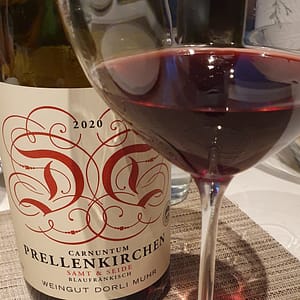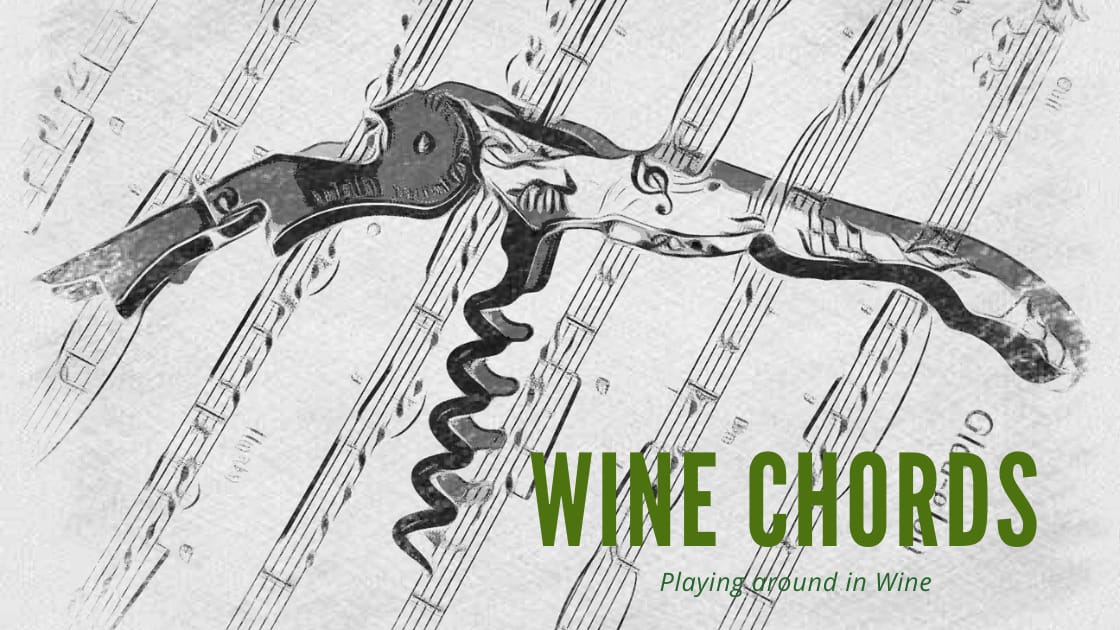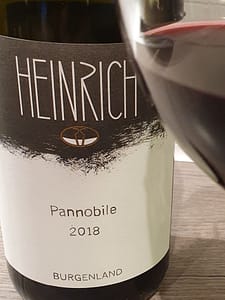Here is a wine from Carnuntum, Niederösterreich that was offered in a private wine club the other day.
Dorli Muhr started wine production in 2002, in Prellenkirchen, that is situated by the Donau and not far from Bratislava, Slovakia. However the family’s wine history stretches all the way back to 1918 when Dorli’s grandmother Katarina received a small vineyard as a wedding gift. Dorli began winemaking on the old vineyard that had belonged to her grandmother. And together with Dirk van der Niepoort, her husband at the time, she expanded the production, mostly with the variety blaufränkisch.
The wine is exactly made of 100% blaufränkisch, from 5 different vineyards in Prellenkirchen with vines between 15 and 35 years old. The grapes were hand-picked and foot-trodden before the must was spontaneously fermented at room temperature. No over-pumping or excess extraction. The wine was aged for 21 months in 3.000-litre old barrels, and bottled unfiltered.
Samt & Seide means literally velvet and silk. I understand that it in German has connotations to extravagance and luxury, especially with regards to clothing. I don’t know the reason for the naming, but I guess we are closer to the literal meaning.

Prellenkirchen Samt & Seide 2020 (Weingut Dorli Muhr)
Deep ruby red. Aroma of cool berries (cherry, blueberry), with white pepper and and earthy note. Juicy in the mouth, with fine dryness, fresh berries, with decent concentration and a dry aftertaste.
Price: Medium
Leave a Comment










